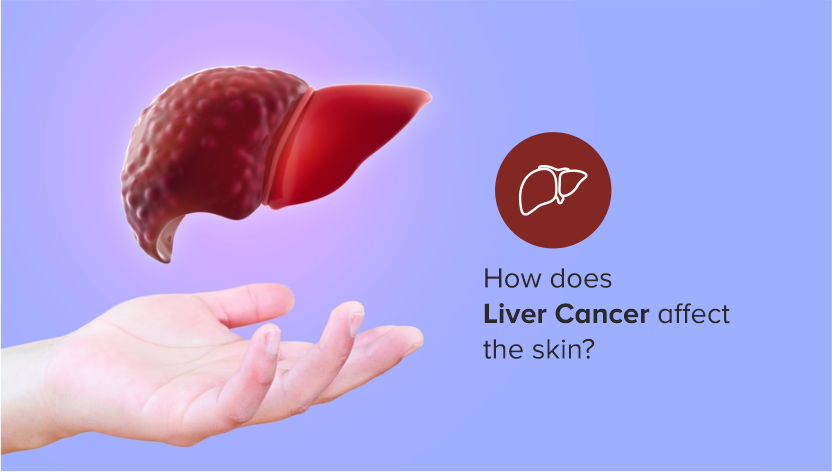Liver cancer is a serious and often life-threatening condition that affects many people worldwide. While most discussions about liver cancer focus on its impact on vital organs, few realize how it can affect your skin. For those affected by liver cancer, understanding the full scope of its symptoms is crucial.
